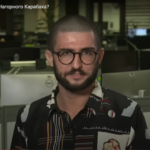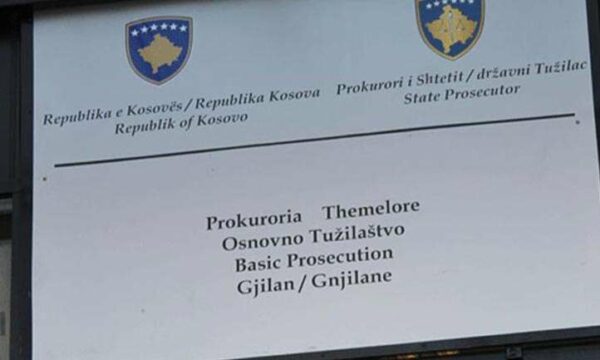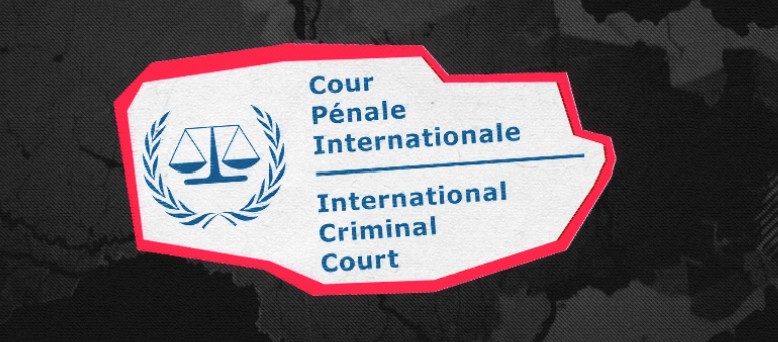
Azerbaijani Dissident-Blogger Bahruz Samadov Jailed for 15 Years in Broad Anti‑Dissent Crackdown
September 20, 2024
France Launches ‘Voices in Exile’ to Support Displaced Journalists
September 20, 2024September 20, 2024 – Poland –
Poland is experiencing a rare window of opportunity to restore and strengthen press freedom, according to a recent fact-finding mission by the International Press Institute (IPI) and its Media Freedom Rapid Response (MFRR) partners. In a report released following their September 2024 visit to Warsaw, the delegation acknowledged early improvements but emphasized the urgent need for comprehensive and ambitious reforms to secure long-term media independence.
Recent steps taken by Poland’s new government have included reducing political influence over public media, ending biased state advertising practices following the sale of Polska Press by state-run PKN Orlen, and signaling a commitment to decriminalizing defamation and adopting anti-SLAPP legislation. The Ministry of Justice has pledged to align domestic law with key European Union standards, including the Anti-SLAPP Directive and the forthcoming European Media Freedom Act (EMFA).
Despite these gains, systemic challenges persist. The appointment process for the National Broadcasting Council (KRRiT) remains politicized, and the country’s main public broadcasters—TVP and Polskie Radio—have not yet achieved true editorial independence. Strategic lawsuits against journalists, known as SLAPPs, are still used to intimidate the press, while the allocation of public advertising continues to favor pro-government outlets.
The mission report recommends several key reforms: restructuring KRRiT appointments to ensure transparency and meritocracy, legally guaranteeing the political and financial independence of public broadcasters, implementing clear and fair rules for public advertising distribution, and advancing laws that protect editorial freedom and journalistic standards.
IPI and its partners stress that this is a critical moment. With President-elect Karol Nawrocki preparing to take office and broad political will for reform apparent, the conditions exist for a historic shift. However, these reforms must be enshrined in law to prevent future backsliding. Despite Poland’s notable 26-place rise in RSF’s 2024 World Press Freedom Index, observers warn that progress remains fragile without institutional guarantees.
Poland now has the potential to become a European leader in media freedom. But to do so, it must seize this momentum, not just to undo past damage, but to build a press system that is independent, resilient, and protected against future political interference.
Reference –
More ambitious reform needed to secure media freedom in Poland (ipi.media)




